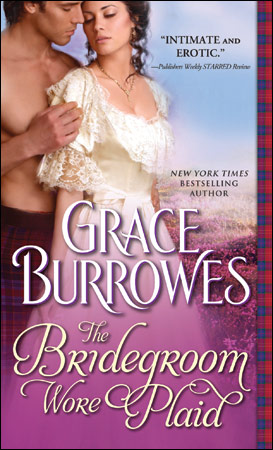| Berkley Publishing Group |
Kathryn Stockett
2009
The Summary
"Three ordinary women are about to take one extraordinary step...
"Aibileen is a black maid in 1962 Jackson, Mississippi, raising her seventeenth white child. She's always taken orders quietly, but lately it leaves her with a bitterness she can no longer bite back. Her friend Minny has certainly never held her tongue, or held on to a job for very long, but now she's working for a newcomer with secrets that leave her speechless. And white socialite Skeeter has just returned from college with ambition and a degree but, to her mother's lament, no husband. Normally Skeeter would find solace in Constantine, the beloved maid who raised her, but Constantine has inexplicably disappeared.
"Together, these seemingly different women join to work on a project that could forever alter their destinies and the life of a small town--to write, in secret, a tell-all book about what it's really like to work as a black maid in the white homes of the South. Despite the terrible risks they will have to take, and the sometimes humorous boundaries they will have to cross, these three women unite with one intention: hope for a better day."
The Good
I finished reading The Help a few years ago and, during July, I decided to join my local book club in reading it again--and I'm so glad I did. The Help is as incredible to me now as it was to me the first time I read it. I picked up different nuances and I noticed I related to different experiences this time around, especially where Skeeter is concerned; however, I think I love it just as much now, if not more, as I did then.
Incredibly compelling and soundly written, The Help is poignant and heart-wrenching novel that kept me glued to the pages. I enjoyed meeting Skeeter, Aibileen, and Minnie; I especially enjoyed seeing how these ladies from distant social classes and experiences managed to create a book that is surely extraordinary.
And, as terrible as some of their stories veered, as heart-breaking as their histories are, I loved reading about them. Their stories are compelling and beautiful, real and raw and, simply put, amazing. I loved reading it, and I loved feeling connected to them.
Although Aibileen is still my favorite character, simply because she is an extraordinary woman, I found I connected more deeply with Skeeter during this second reading. Having graduated from college since my first reading of The Help, I found I related more to Skeeter this time than I did the last. That is, I recognize Skeeter's drive to do more with her life, yet she teeters between wanting to live her life--wanting to become an author--and hanging on to her family and struggling with the general expectations of Southern society.
It was a bit unexpected, maybe even a little jarring, to learn I see so much of myself and my personal experiences in Skeeter. Although I was surprised by my connection to Skeeter, I don't think this detracted from the story in any way. Rather, I found myself becoming more invested in the overall story and I certainly felt it more deeply.
I fully enjoyed rereading The Help.
The Bad
The Help is frequently written with a heavy emphasis on dialect and accent. If you're not familiar with the region or it's verbal quirks, it might prove a little difficult to read. On the other hand, if you're a Southerner or if you've ever lived in the South, reading this novel will be a piece of cake.
The Ugly
Racism.

